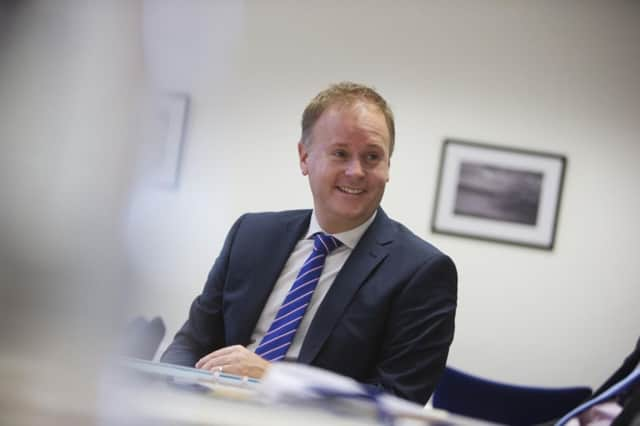Fastest 50: How to protect your business


Putting a will in place is important both for your personal estate and to protect your business interests.
Your will can be structured appropriately to capture the available reliefs from inheritance tax on your death including Business Property Relief in relation to qualifying business assets, i.e. your shares in the family business.
Advertisement
Hide AdAdvertisement
Hide AdThe importance of capturing such a relief should not be understated.
If your entire estate passes outright to your surviving spouse (or civil partner) on your death then Business Property Relief is wasted.
By structuring your will appropriately, your business interests can be held on trust under your will to utilise the Business Property Relief.
A shareholders’ agreement is another essential protection mechanism for the family business.
Advertisement
Hide AdAdvertisement
Hide AdOne of the aims of a shareholders’ agreement is to keep the control of the business in the hands of the remaining shareholders and to ensure that the family of the deceased shareholder is protected financially.
This is usually achieved by allowing the remaining shareholders to buy the shares of the deceased shareholder and vice versa by allowing the deceased shareholder’s executors to sell those shares to the surviving shareholders. This is often referred to as a cross option agreement.
The shareholders’ agreement can also help to avoid control of the deceased shareholder’s shares passing to the family members of the deceased as this may disrupt the day- to-day management of the business.
The shareholders of a business usually insure their own lives so that on their death, funds are available to the remaining shareholders to allow them to purchase the deceased shareholder’s shares. These policies must be written in trust to allow the sale and purchase to proceed in a tax-efficient manner and to protect the deceased shareholder’s family.
Advertisement
Hide AdAdvertisement
Hide AdThis money can then be used in conjunction with a cross option agreement under the shareholders’ agreement to buy back the deceased shareholder’s shares from the deceased shareholder’s executors.
Business owners should also consider what would happen to them and the business if they were to become incapacitated either permanently or temporarily.
A lasting power of attorney (LPA) enables an individual (known as the donor) to appoint an attorney to make certain types of decision on the donor’s behalf.
A property & financial affairs LPA can be used to authorise the attorney to deal with the donor’s property and finances, including aspects of the donor’s business interests.
Advertisement
Hide AdAdvertisement
Hide AdIn some instances, individuals enter into separate LPAs – one for their personal property and financial affairs and one for their business interests.
There are limitations in relation to an LPA for business interests. Where the donor is a company director, the appointment carries certain fiduciary duties which the individual, as a director, owes to the company and which he cannot delegate to an attorney appointed under LPA.
Company books should be reviewed to check whether there are any restrictions on an attorney acting on behalf of a shareholder to vote on company matters. We often find that companies have outdated articles of association which do not adequately protect the company or the shareholders in the event of incapacity.
• For more information on the issues raised by this article, contact Andrew Evans at [email protected] or on 0113 205 6751.